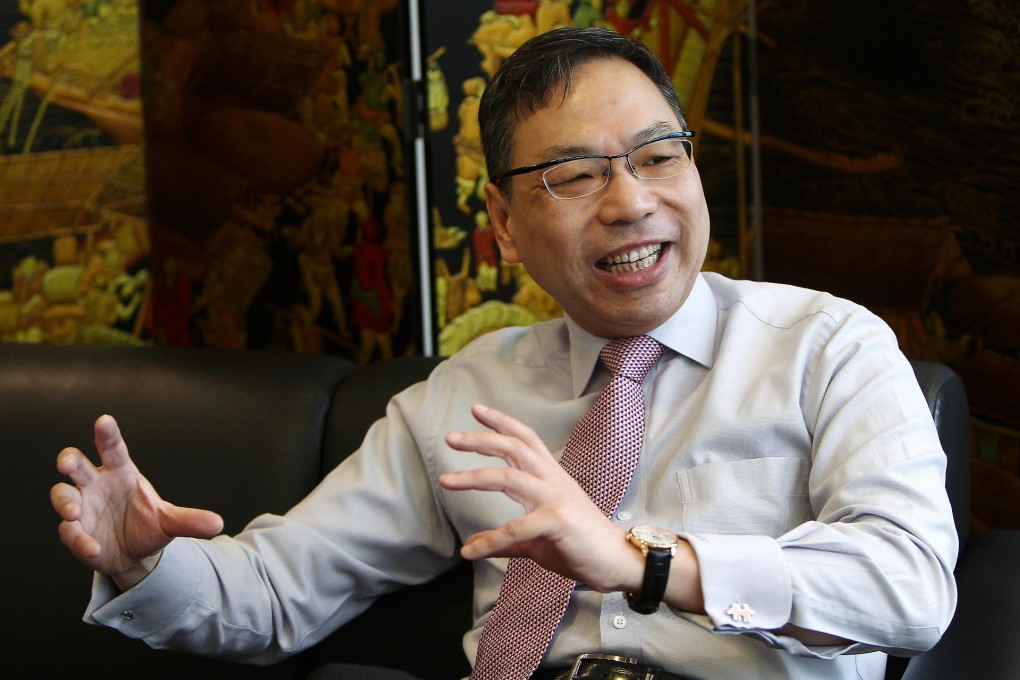Analysis | Asian players develop an appetite for risky commodities trading
Capital-rich Asian firms show interest as Western banks exit sector

While Western financial giants have been exiting the high-risk, high-reward commodities trading business, capital-rich Asian firms, including state-owned banks and brokerages from China, have seized the opportunity to enter the market.
Western banks including JPMorgan Chase, the world’s largest by assets, and France’s Natixis have been retreating from the commodities business but have found no shortage of Asian players willing to take their place at the table.
Wilson Wan, chief executive at CMS (Hong Kong), told the South China Morning Post in a recent interview that he planned to hire local talent in London to staff the firm’s new office there.
“After building our futures positions in precious metals, we will soon kick off a unit for oil futures trading, and our clients will be the three mainland oil majors,” Wan said, referring to Sinopec, PetroChina and CNOOC, the three state-owned leading firms in China’s energy industry.
Earlier this month, JPMorgan surprised the market by announcing a plan to sell its global physical commodity assets.